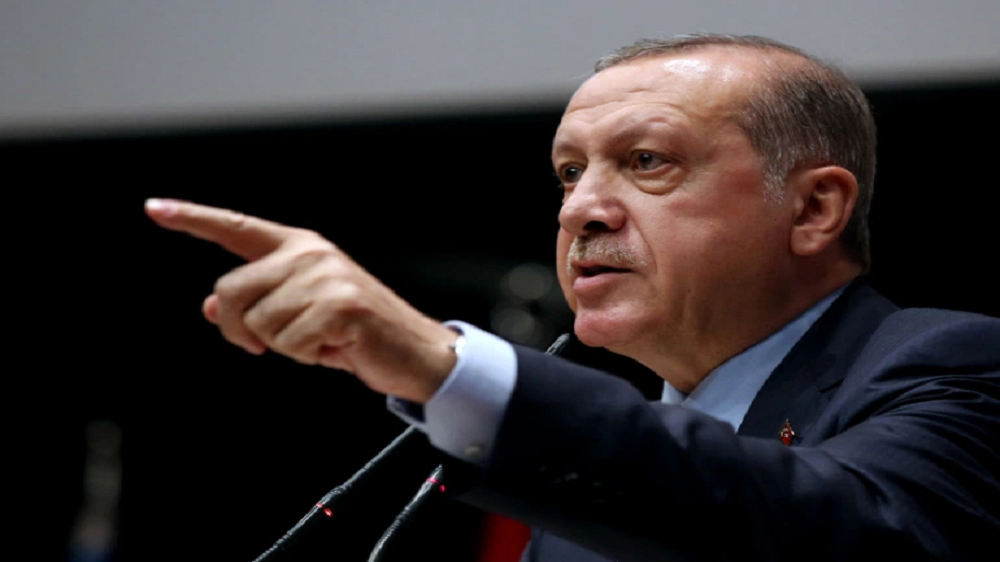
Over the last four years, Turkey has come to play an active role in regional affairs, intervening decisively in a series of crises and conflicts.
In the Gulf, its rapid provision of military and economic support for its ally, Qatar, embattled by a blockade, likely thwarted more aggressive actions by Qatar’s neighbours. After years of restraint in Syria, starting in 2016, Turkey mounted military campaigns in northern Syria against both ISIS and fighters linked to the Kurdistan Workers’ Party, securing its own border and domestic security and providing protection for millions of Syrian civilians, at times acting in the face of US and Russian opposition. In Libya, its support for its ally in Tripoli arguably tipped the balance of the conflict there, enabling the legitimate government to repel an offensive and deal a decisive defeat to General Haftar, thereby paving the way for a resumption of negotiations to end the Libyan crisis. In the Aegean and eastern Mediterranean, Turkey has taken firm action to secure its maritime and economic rights and those of Northern Cyprus, imposing a new reality on the ground regardless of persistent Greek attempts to deter it. In Azerbaijan, Turkish assistance helped to rebuild the military, putting it in a position to respond to Armenian attacks and launch an offensive in September to regain Nagorno-Karabakh and expel Armenian troops; and Turkey has also strengthened Azerbaijan’s negotiating stance with its political support.
Turkey’s newly vigorous foreign policy coincided with the thwarting of an attempted coup in 2016. According to the foreign minister, several senior military officers responsible for the Syrian front refused to carry out government recommendations in 2015 to support the Free Syrian Army in 2015. These same officers were prominent in the coup attempt, led by Gulenists who had infiltrated the ranks of the military since at least the 1990s. Following some restructuring of the security establishment and the purge of Gulenists, the military has become more professional and more responsive to the political leadership and its constitutional duties, which in turn has given Turkey’s regional foreign policy an unprecedented effectiveness and dynamism.
At the same time, the Turkish military industry has flourished, now providing nearly 80 percent of the military’s needs. Coupled with improvements in overall economic and fiscal conditions, this has made the military an extremely effective tool for achieving the government’s political goals.
These shifts and developments have been shaped fundamentally by Recep Tayyip Erdogan, Turkey’s most influential political leader in Turkey over the last two decades, who, with his party, has led the turn to a more independent, pro-active foreign policy. Indeed, Turkey’s ambitious strategy in the region, especially since 2016, reflects what might be termed the Erdogan Doctrine. The main tenets of this doctrine, exemplified in all of Ankara’s dealings with crises in Syria, Libya, Qatar, the eastern Mediterranean, and Azerbaijan over the last four years, are: 1) Turkey’s interests are not exclusively tied to the European West, but extend to neighbours with a shared cultural or ethnic heritage and as determined by historical and political commitments, economic prospects, and Turkish national security; 2) Turkey is too big to play the role assigned by Western allies, as a bulwark against Russian expansion or a bridge between Europe and Asia; its cultural, historical, and geopolitical weight give it a leading role in its three neighbouring regions (the Middle East, the Balkans, and the Caucuses); 3) Turkey should not accept a de facto reality, regardless of when it came to be or what major Western powers back it; 4) Turkey must support its positions and interests with concrete action; and 5) to protect its position, Turkey must have allies in the region, which can only be maintained by fulfilling its obligations to them and defending their interests as they defend it.
But the mere adoption of a regional strategy is no guarantee that it will succeed and that Turkey will achieve its objectives in all cases. In particular, it faces challenges on two fronts: firstly, its ability to accurately assess the weight of each party in the individual crises it faces, and secondly and more importantly, its ability to avoid overextending itself and taking on more than it can handle—a misstep that has led to the retreat or collapse of many other regional and international powers.